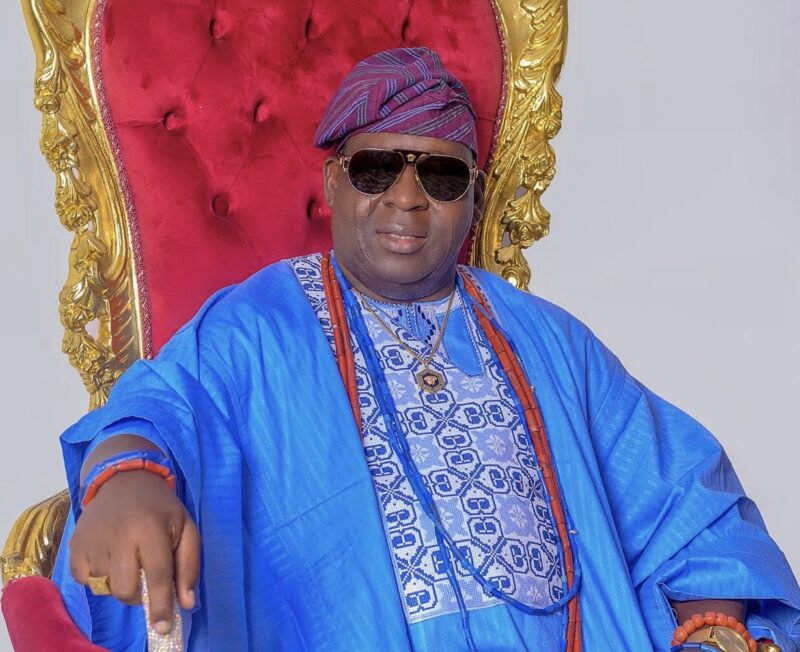Choosing a career is one of the most important decisions every students will make in their lives. While many parents make career decisions for their kids, some allow their children to any carrer path they love. Many believe that academic qualifications and work experience are the only paths to success, but what if the key to a fulfilling career is something they already enjoy? Hobbies, often seen as simple pastimes, have the power to shape future careers. They help students explore their interests, develop important skills, and even create opportunities they never imagined.
For example, Nigerian tech entrepreneur Iyinoluwa Aboyeji, co-founder of Flutterwave, started coding as a hobby before turning it into a successful career in financial technology. Similarly, world-renowned chef Gordon Ramsay initially pursued a football career before an injury led him to discover his passion for cooking. These examples show how hobbies can open unexpected doors and shape a person’s professional journey.
Here is the most difficult question people often ask, how do hobbies influence career choices? It influences self-discovery and passion development. Hobbies allow students to explore their interests without the pressure of exams or academic expectations. A student who enjoys storytelling might develop a passion for journalism, while someone who loves drawing could pursue a career in architecture or graphic design. Hobbies give students the freedom to experiment and learn what they truly enjoy.
Many hobbies teach valuable skills that are useful in various careers. For example, a student who enjoys video editing may learn technical skills that can be used in film production or digital marketing. Those who love writing can develop storytelling techniques that are essential for content creation, blogging, or journalism.
Engaging in a hobby over time helps students build confidence in their abilities. Someone who starts programming for fun may gain enough confidence to study computer science and become a software developer. The more time and effort a person puts into a hobby, the more skilled and confident they become.
Some hobbies can be turned into businesses. Students who enjoy baking, painting, or designing clothes can sell their creations online and build a small business. With social media and e-commerce platforms, it is easier than ever to monetise hobbies and gain recognition for one’s work.
Notable Careers That Started as Hobbies
1. Writing and Journalism– Many successful writers started by keeping journals or writing stories for fun before turning their passion into a career.
2. Photography and Videography – Many professional photographers began by taking pictures as a hobby before working in media, advertising, or filmmaking.
3. Coding and Software Development – Many tech entrepreneurs started by coding for fun before creating apps, websites, and software solutions.
4. Sports and Fitness Training – Fitness enthusiasts who started exercising as a hobby often become professional trainers, coaches, or physiotherapists.
5. Music and Performing Arts – Many musicians, actors, and dancers were hobbyists before turning their passion into full-time careers.
How to Use Hobbies to Build a Career
1. Identify Your Passion. Pay attention to activities that bring joy and satisfaction. These could be clues to potential career paths.
2. Improve Your Skills. Enssure you dedicate time to practising and learning more about your hobby through online courses, workshops, or books.
3. Find Mentors and Role Models. Connect with professionals who have turned similar hobbies into careers for guidance and inspiration.
4. Build a Portfolio. Whether it’s writing, photography, or coding, having a collection of work to showcase skills is essential for career development.
5. Look for Opportunities. Participate in competitions, internships, and networking events to gain exposure and experience.
6. Be Open to Growth. Sometimes, hobbies lead to careers that students may not have originally considered. Keeping an open mind can lead to exciting new opportunities.
Hobbies are more than just activities for fun; they play an important role in shaping career paths. They help students discover their passions, develop skills, and gain confidence in their abilities. Whether it’s cooking, drawing, photography, or sports, hobbies can open doors to a successful future. By nurturing their interests and exploring different opportunities, students can turn what they love doing into a fulfilling career. Instead of seeing hobbies as distractions, they should be embraced as powerful tools for personal and professional growth














